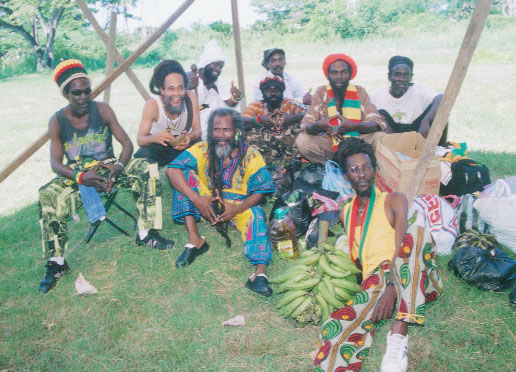By Cedric L Joseph
Africa’s first task was to establish that, like other societies, it had a past and was part of the known global community. For too long the African past had been hidden from the history of the world. An assortment of denials, myths, prejudices and falsehoods, reflecting nineteenth century Enlightenment and the primacy of classicism, wove a deceptive fabric of the African past. The prevailing view was that western civilization was the racial heritage of ancient Greece, and that Africa was a “special case” diverging from the rest of humanity in matters of evolution and in its genetic make-up. It followed that Africa had neither history nor documents or written sources, and that its acclaimed oral traditions were inadequate and unreliable evidence.
This was the core of what came to be described as the Eurocentric view that gained widespread, though uncritical, adoption and dictated western curriculum. To explain the involvement of the northern part of Africa in the affairs of the ancient world, the theorists severed Africa into two geographical zones. They produced as existing from the dawn of history a ‘white Africa’ and a ‘black Africa’ separated by the Sahara by drawing a line between the civilization of ancient Egypt/Nubia and the peoples residing south of the Sahara. Further,

